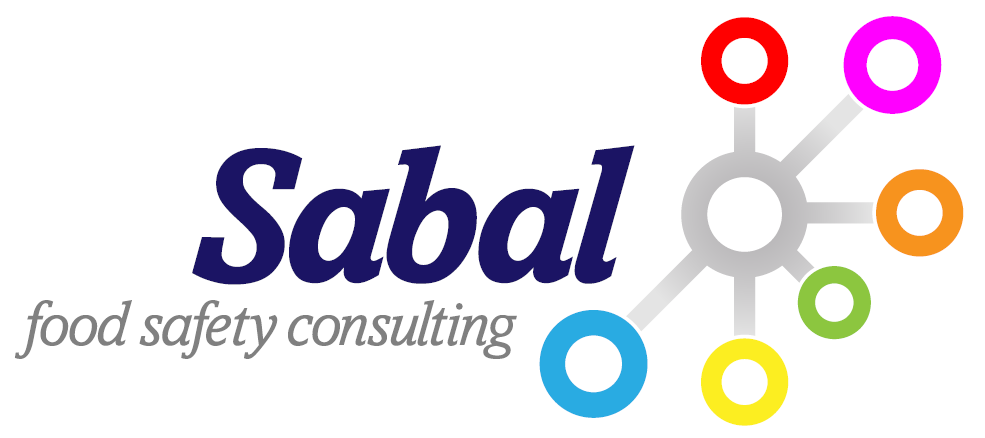
May 22nd, 2018
Recently, I received an email asking for guidance on how to approach the effectiveness of the cleaning procedures in a bakery were conveyor belts made of a cloth-type material are still used. I would like to share the approach I provided in my answer...
Any company in the US, and probably in any country of the world, MUST be in full compliance with all applicable legal and regulatory requirements before thinking in getting involved in following any voluntary scheme like those benchmarked by GFSI. It is just NOT acceptable to be in full compliance with any of these schemes and not being in compliance with the laws and regulations applicable to the activities performed by the company when manufacturing food products.
Since June 30th, 1906, the definition of “adulteration” can be found in Subchapter I of the Federal Food and Drug Act (FFDCA). It “made it unlawful to manufacture adulterated or misbranded foods or drugs in Territories or District of Columbia and provided penalty for violation.”
The last amendment of the definition of adulteration in the Federal Food, Drug and Cosmetic Act of 1938 was made on October 1st, 2005. The definition of adulteration in the Law grew to include other conditions that will render the food products adulterated. As defined in Section 348 of the FFDCA, “A food additive shall, with respect to any particular use or intended use of such additives, be deemed to be unsafe for the purposes of the application of clause (2)(C) of section 342(a) (adulteration) of this title, unless...(3) in the case of a food additive as defined in this chapter that is a food contact substance, there is: (A) in effect, and such substance and the use of such substance are in conformity with, a regulation issued under this section prescribing the conditions under which such additive may be safely used".
Cloth-type food contact surface does not comply with the above requirement, period!. Moreover, 21 CFR 117.40 - Equipment and Utensils, in Subpart B - Good Manufacturing Practices, states: "All plant equipment and utensils used in manufacturing, processing, packing, or holding food must be so designed and of such material and workmanship as to be adequately cleanable, and must be adequately maintained to protect against allergen cross-contact and contamination".
So, whomever designed and sold a cloth-type conveyor equipment was not knowledgeable of the laws and regulations, as well as those companies that purchase that type of equipment. Only those that purchased and used this type of equipment are in violation of the Law.
It doesn't matter if third or second party auditors have seen that type of equipment working for centuries and accepting them. This type of equipment, since 1906, will produce food products that are, by definition of the Law, adulterated.
It is time for everyone in the food industry to start reading, in detail, or looking for help outside the company to understand legal and regulatory requirements as this is what will be used in the very near future by the FDA when performing their investigations. They will NOT look to see if you are in compliance with the requirements of the GFSI scheme the company decided to follow voluntarily! You might have a perfect score in your GFSI based audit and receive a Form 483 and/or a warning letter from the FDA for lack of compliance with all legal and regulatory requirements.





